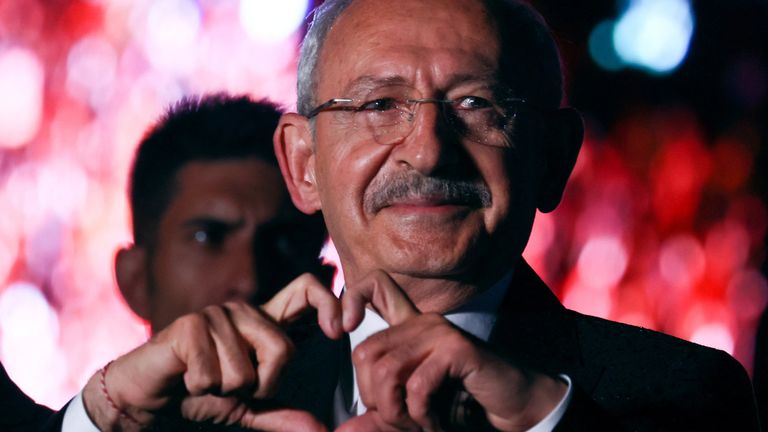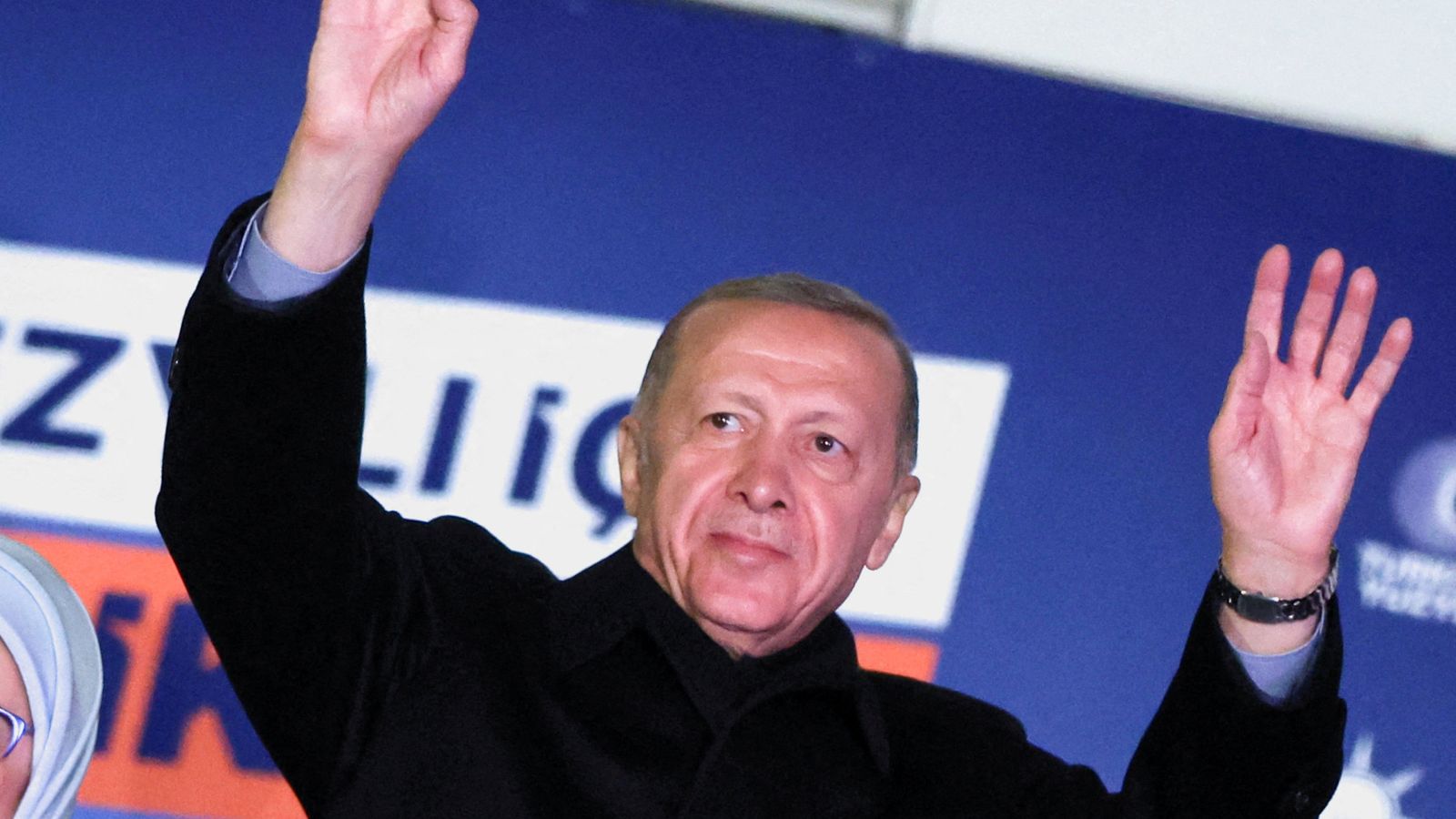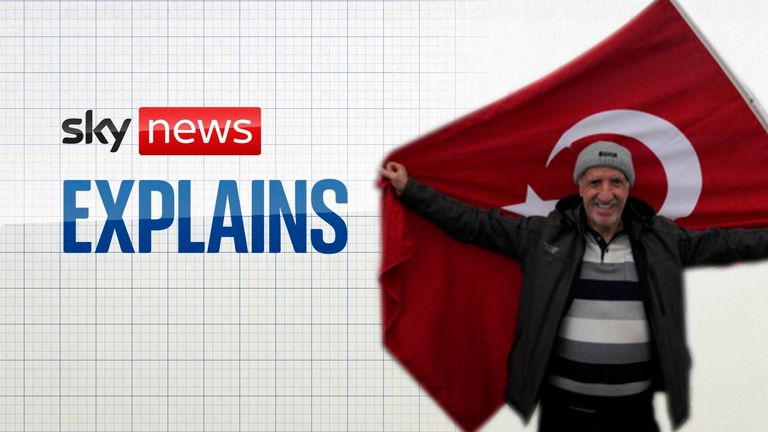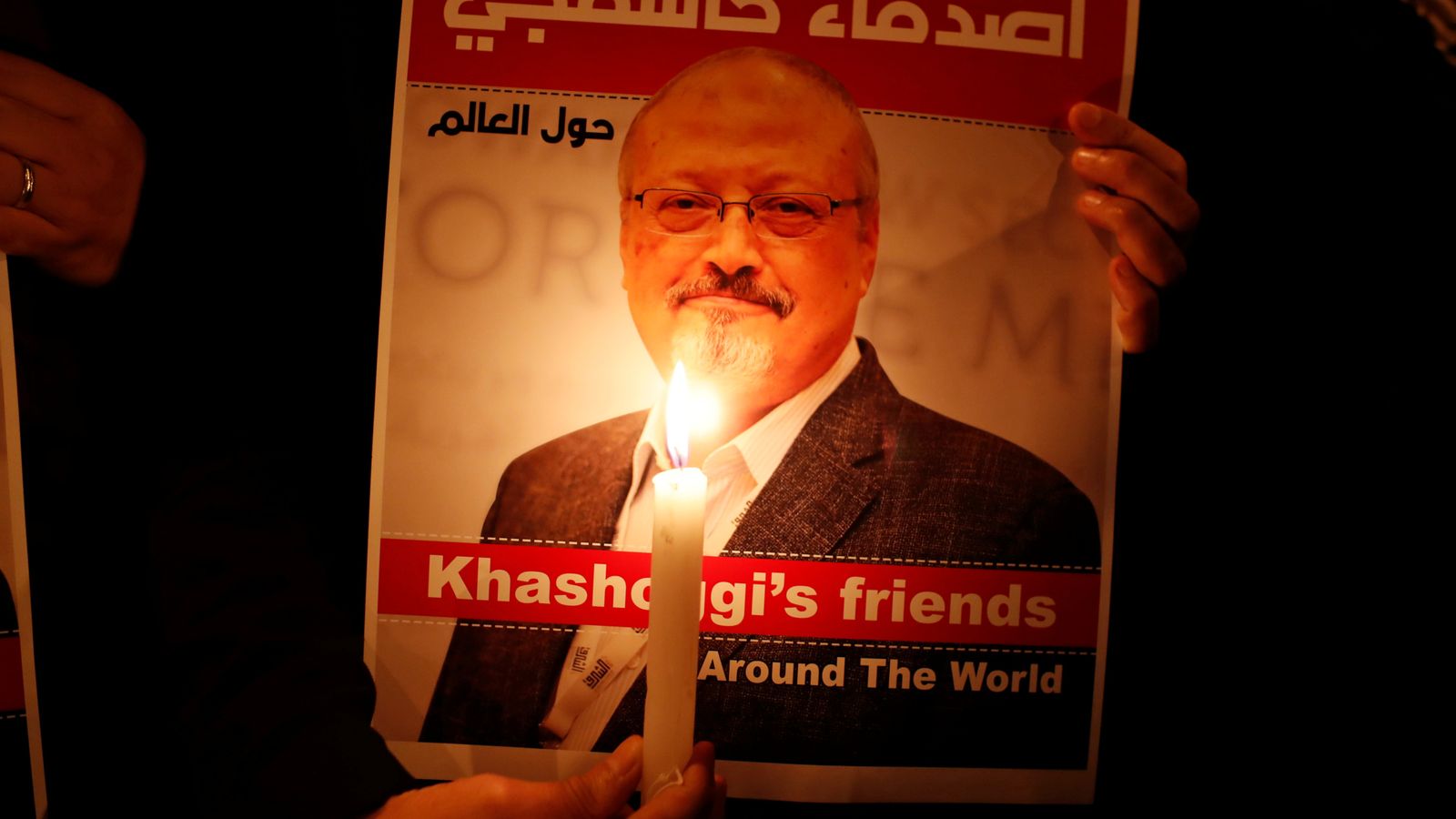
President Recep Tayyip Erdogan will have been Vladimir Putin’s favourite in this election.
A hard truth to swallow for his Nato allies who will have been hoping, albeit privately, for change.
Mr Erdogan’s increasingly authoritarian rule, economic eccentricity and waywardness within NATO have all caused deepening alarm among allies.
His defeat would have been welcomed as a sign of things to come, the humbling of one populist strongman, with others perhaps to follow.
Those hopes have been deflated.
With his position apparently strengthening ahead of round two in these elections, there will be almost certainly disappointment in the West.
Mr Erdogan’s rival Kemal Kilicdaroglu is not well known outside Turkey but to Western policy makers he had offered a tonic to the friction and frustrations generated by Mr Erdogan.
He is an accountant and bureaucrat with a reputation as a clean politician and secularist who wants to restore Turkish Western relations and trust with Nato allies. What’s not to like in the chancelleries of Europe and Washington?
Contrast that with Mr Erdogan.
The man who started out advocating his country’s membership in the EU is taking Turkey in a different and unpredictable direction.
Read more:
Why Turkey’s president is now favourite in election race
Erdogan seeks to fire up his supporters
The man who wants to end the Erdogan era
There is his mismanagement of the economy.
In his advancing years and contrary to all economic orthodoxy, Mr Erdogan does not believe raising interest rates lowers inflation. Combine that with chronic corruption and mismanagement, and the Turkish economy is on the road to ruin with inflation raging over 80%.
Economic failure can be the prelude to political instability. Neither are desirable in a Nato country and one as important as Turkey right on the doorstep of Europe. Quite apart from the misery it threatens to bring the Turkish people.
Mr Erdogan is the Kremlin’s choice, the devil Putin has come to know and find useful even if their relations are entirely transactional.
He has talked of his special relationship with Putin and the two countries’ mutual need for each other. He refuses to join Western sanctions on Russia. He has bought Russian anti-aircraft defence systems, causing conniptions across the Nato alliance.
Turkey’s ambivalence has had its uses in this conflict to the West. Ankara played an important role in brokering the deal allowing for the shipment of Ukrainian grain. And it may play a role in negotiations to end the war when they finally happen.
Turkey does supply drones to Kyiv but it also continues to block Sweden’s accession to Nato and has not played anywhere near the supportive role the alliance might have hoped for.
For Western governments Turkey has cynically exploited the conflict for economic gain, buying Russian energy at knockdown rates and profiting from sanctions busting trade.
Then there is the democratic backsliding, Turkey’s increasingly troubling human rights record and growing authoritarianism, all causing yet more unease in western capitals.
Mr Kilicdaroglu promised a change from all that. A reset in relations. He might have ended up falling short but for allies the direction of travel would have been refreshing.
Mr Erdogan offers the opposite. A wilful and unpredictable ally with an increasingly perilous-looking economy. His Western counterparts would have been delighted to call time on the Erdogan era. Instead they may have to stomach years more of his rule.











